Aliquots
-

Neurotransmitter’s role in bone balance
Removal of the neurotransmitter norepinephrine from the space outside cells plays an important role in the regulation of bone remodeling. Read MoreNov 7, 2013
-

Preserving antibiotic arsenal for TB
Clinicians should be cautious about prescribing newer fluoroquinolone antibiotics to patients with TB risk factors; doing so may jeopardize the use of these agents against TB. Read MoreOct 30, 2013
-

Tool predicts risk for developmental delays in early childhood
A non-invasive measure of electrical brain activity in preterm infants predicts cognitive and communication functioning during early childhood, according to a new Vanderbilt University study. Read MoreOct 28, 2013
-

Targets of SIN drive cell division
Vanderbilt researchers have identified a key regulator of cell division. Read MoreOct 25, 2013
-

Shining a light on night blindness
Vanderbilt researchers are studying how mutations in the receptor for light, rhodopsin, cause light blindness. Read MoreOct 24, 2013
-

Relaxin combats insulin resistance
The hormone relaxin may offer a novel approach for treating diet-induced insulin resistance. Read MoreOct 16, 2013
-

Magnesium impacts vitamin D status
Magnesium and vitamin D appear to work together to reduce risk of death from cardiovascular disease and colorectal cancer. Read MoreOct 14, 2013
-
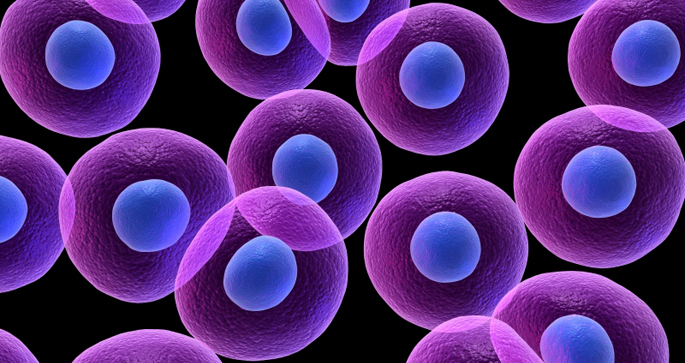
New target for stopping inflammation
Importin alpha 5, a member of a family of proteins that “shuttle” other proteins into the nucleus, is a potential new target for drugs to treat inflammatory diseases. Read MoreOct 11, 2013
-
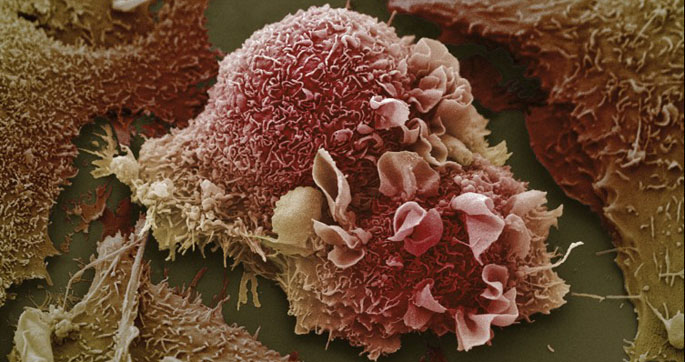
Probing mutant EGF receptor regulation
Understanding the regulation of mutant EGF receptors commonly found in lung cancers could lead to new targeted therapies. Read MoreOct 10, 2013
-
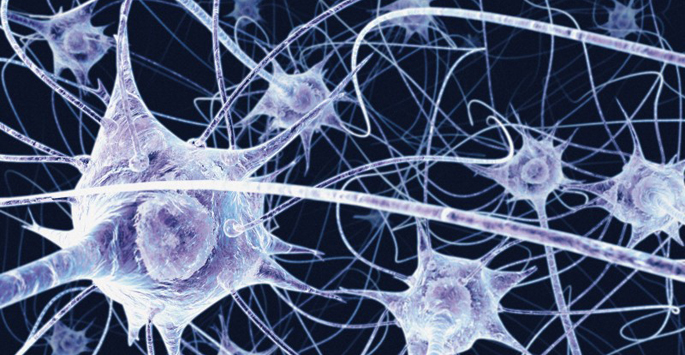
Early cell death in MS
Death of oligodendrocytes, the cells that make myelin, appears to be an early event in the development of multiple sclerosis. Read MoreOct 2, 2013
-
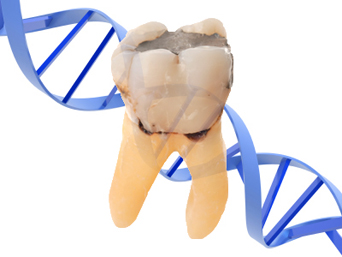
Gene interactions and cavities
Vanderbilt researchers used existing genome-wide association study datasets to identify gene interactions that contribute to tooth decay. Read MoreSep 30, 2013
-

Metabolic profiling of vision loss
A panel of metabolites – small molecules that are part of metabolic processes – that are unique to macular degeneration will shed light on the disease and aid diagnosis. Read MoreSep 27, 2013
-
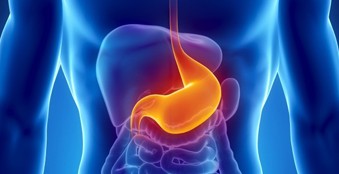
Cell changes en route to stomach cancer
Molecular characterization of pre-cancerous changes in cells lining the stomach could point to lesions with a greater risk of progression to cancer. Read MoreSep 26, 2013
-

Fishing for new anti-cancer drugs
Vanderbilt investigators used an in vivo screen in zebrafish to identify a potential new anti-cancer drug. Read MoreSep 18, 2013
-

Mapping brain membrane proteins
New mass spectrometry imaging methods will enable studies of the distribution and identification of membrane proteins directly within tissues. Read MoreSep 16, 2013
-

Cancer nanomedicines on target
Therapeutic nanoparticles may offer a powerful new way to image and treat cancer at the same time. Read MoreSep 13, 2013
-
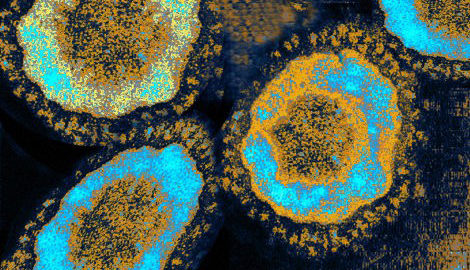
‘Proofreader’ key to coronavirus growth
A coronavirus protein is required for replication of the viral genome and may be a good treatment target for SARS and other diseases caused by coronaviruses. Read MoreSep 12, 2013
-

Probing intestinal immune cell roles
A new in vitro system will allow investigators to explore how immune system T cells develop specialized functions. Read MoreAug 28, 2013
-
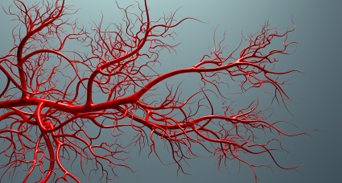
Tumor factor spurs blood vessel growth
A newly identified factor regulates blood vessel growth in colorectal tumors and could be a promising target for cancer therapies. Read MoreAug 26, 2013
-

Pregnancy promoter and protector
Alkaline phosphatase enzymes appear to play roles in promoting pregnancy and in protecting the uterus from bacterial infection. Read MoreAug 23, 2013